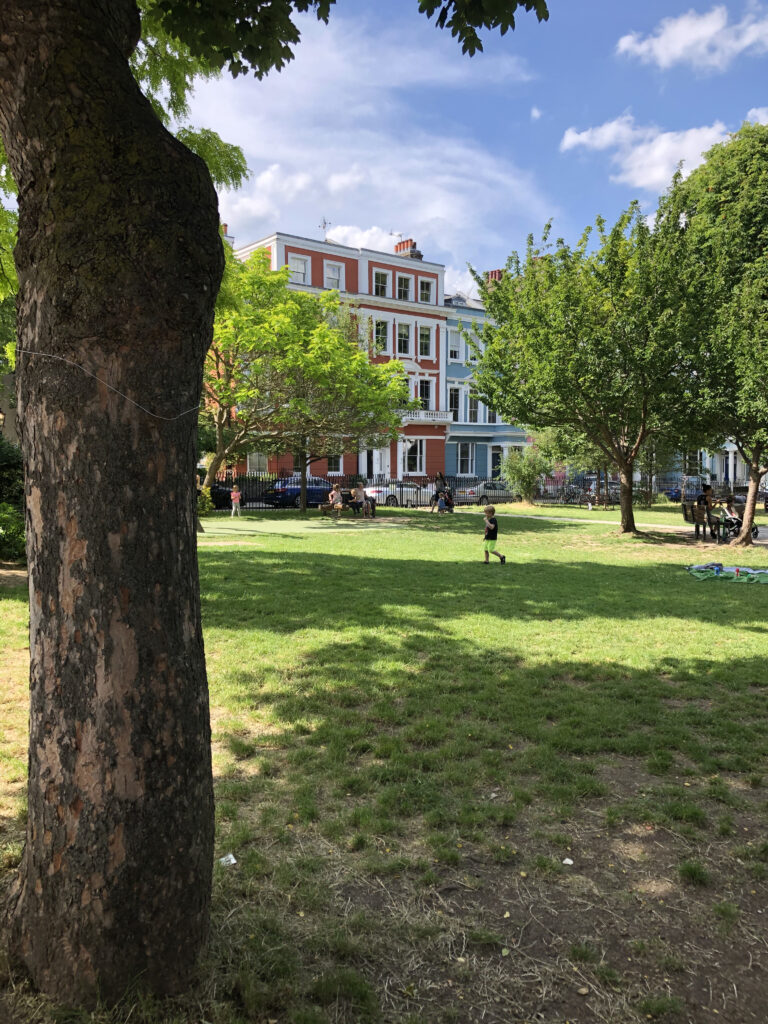After a gap of over 10 years since her previous book, Monica Ali has produced her fifth novel. Love Marriage (see the cover on the home page) is a vibrant story of essentially two families in London, one Indian in origin the other distinctly English. Its title is obvious enough but the book also contains stories surrounding revenge sex, sexual violence, sexual identity and (of a sort) incest. Also simply sex. But we’ll get on to that in a moment.
In the book’s basic premise there are obvious echoes of Ali’s much-feted literary debut – Brick Lane, published in 2003, but just as times have moved on, so has Ali. She has confessed that the reaction to some of her work in the interim left her feeling confused. Or worse. Her three in-between novels were Alentejo Blue, In the Kitchen and Untold Story, the latter being a portrayal of what might have occurred had Princess Diana not really been dead. She got a lot of heat about that, the subject matter in particular. “I was naive in thinking I could write about whatever I wanted, like a white male writer,” she told The Big Issue. She said people asked why she was writing that book: “”Are you trying to get away from brown people? Are you trying to get away from your ethnicity?” As she points out, “my mum’s white…I’ve lived here [in England] all my life”. In one passage, the book’s ‘heroine’, Yasmin Ghorami, has an awkward conversation with a woman patient at St Barnabus Hospital who says she wants to “see a doctor qualified in Britain”. “No problem,” Yasmin responds. “I qualified in London. How can I help?…I’m British. I was born here. Is that OK?” One presumes Ali got to that exchange in part through lived experience.

Back to the sex. The opening sentence reads: “In the Ghorami household sex was never mentioned.” Those particular fictional protagonists wouldn’t have read this book, then. Her mother has told Yasmin not to touch the Qu’ran when she’s having a period – “this was confusing because Yasmin never touched the Qu’ran anyway, except at the behest of her mother”. That’s on the opening page, the kind of wordplay in which Ali regularly indulges to delightful effect. Although ‘delightful’ might not be the go-to word to describe what happens when Yasmin’s period coincides with her first bout of revenge sex.
Her boyfriend, Joe Sangster, is also a junior doctor at the same hospital. His mother, Harriet, is unflatteringly depicted as a latter-day Germaine Greer, who has intermittently been a comparatively vociferous critic of Ali’s work. Revenge served cold, if you like. The book ranges over that unusual family setting, in the salubrious surrounds of Primrose Hill, and the disruptions within Yasmin’s family brought about by the behaviour of her stern father, her capricious mother and her wayward brother and the chaos that inevitably crashes in when the families get intertwined in an effort to get to know each other better ahead of Yasmin’s intended nuptials with Joe.
Towards the end of the book, Yasmin reflects on her behaviour. “She’d been wrong about Arif and Lucy. [Her brother and his girlfriend.] She hadn’t understood Baba. [Her father.] She’d underestimated Ma and she’d underestimated Harriet. She’d force-fitted false narratives on to Pepperdine [her on-off paramour] who had always been straightforward with her. She had even been wrong about Rania, her best friend…it’s me, she thought, who had to be right all the time. And mostly I was wrong.”
Bearing in mind the balance of the book as a whole, I think Ali has her being unduly harsh on herself – albeit not to the extent of the poor eponymous heroine in Tess of the d’Urbervilles. Thank heavens!
